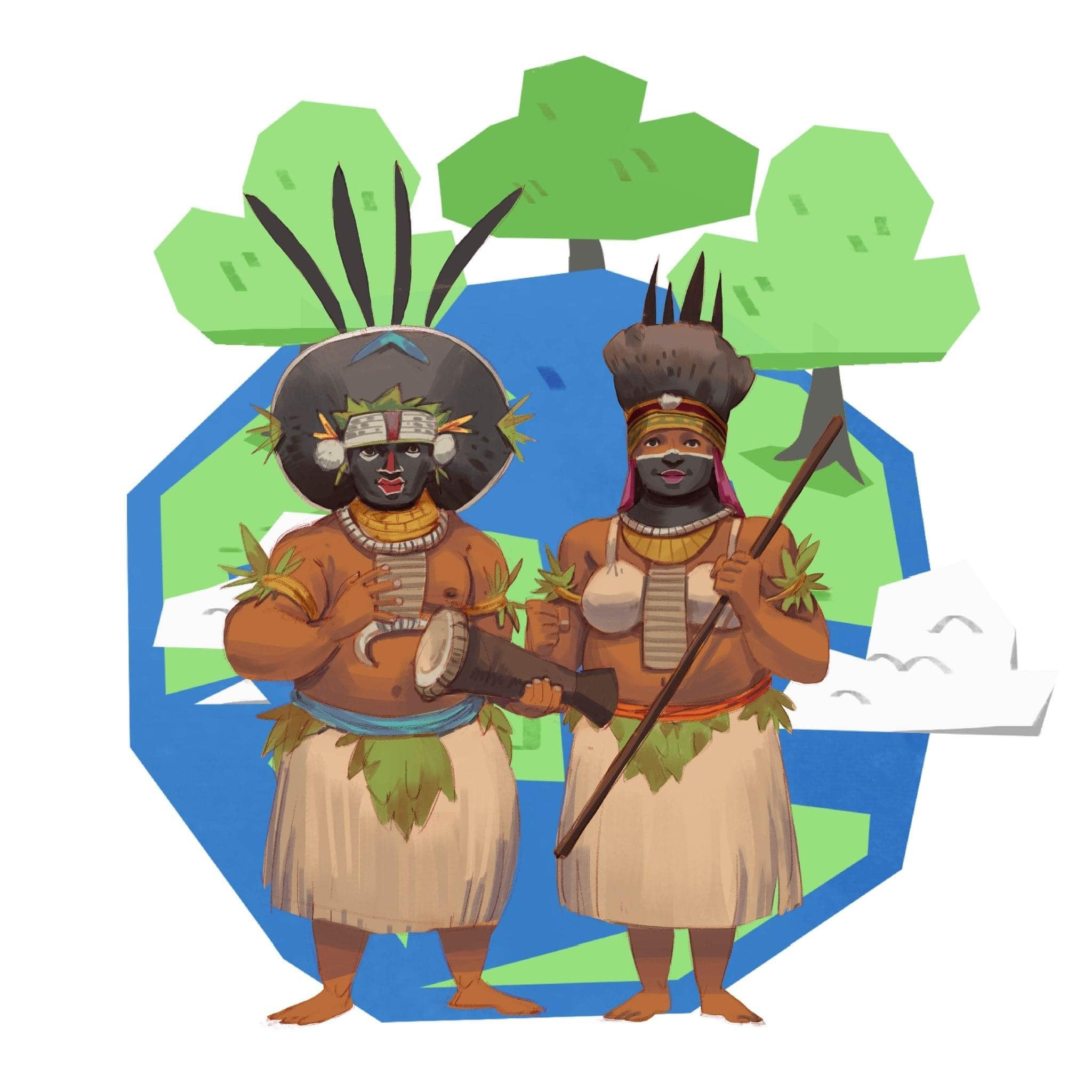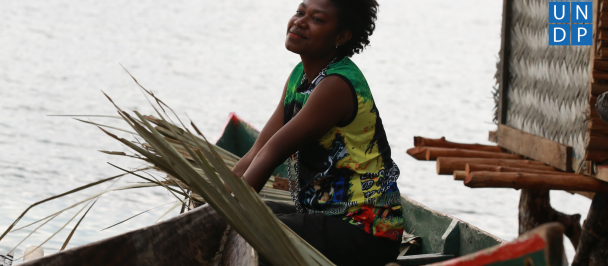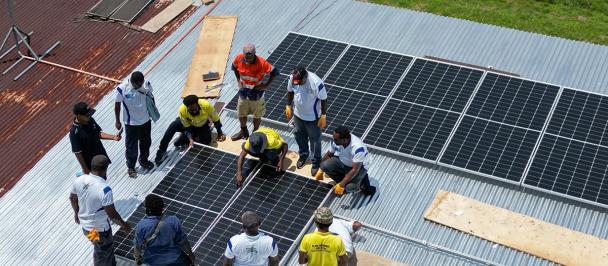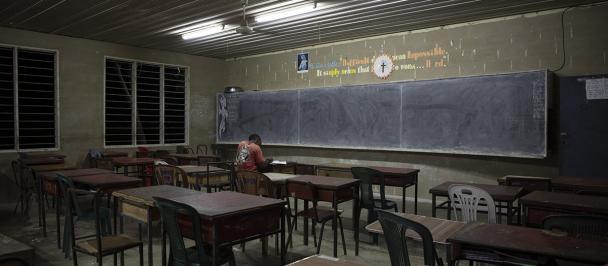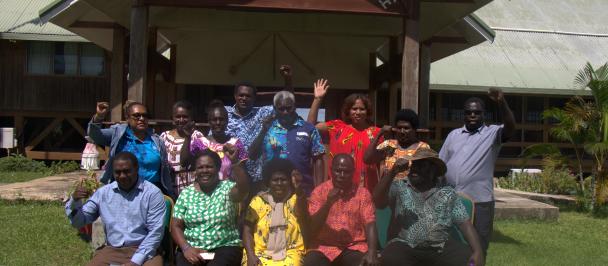UNDP has completed an analysis to identify how climate impacts agriculture, food security, biodiversity, and natural resources in Enga Province.
Located in the Highlands of Papua New Guinea, the province of Enga is settled by a population of approximately 500,000 people, who mainly rely on subsistence agriculture. However, natural resources provide only a low to moderate source of income for the province, mostly from the sale of coffee, food and firewood.
A study led by the United Nations Development Programme has assessed the impacts of climate change on key resources of the Strengthening Integrated Sustainable Landscape Management in Enga Province project.
This analysis captures the province’s current context focusing on the project's three key components: (1) Climate change mitigation and adaptation; (2) Food security and nutrition security; and (3) Biodiversity and land/forest ecosystem, conservation, restoration and sustainable use.
“The analysis will guide project implementation identifying the climate-induced vulnerabilities that Engans face and how climate impacts agriculture, food security, biodiversity, and natural resources long-term."
"Moreover, the study will provide recommendations for the project to focus on during its implementation to 2025,” said UNDP Project Technical Specialist, Mr. Ahmad Jamshed Khoshbeen. The analysis was delivered by the Enga Provincial Administration, supported by the UNDP team and various technical experts.
A technical team visited villages in the five districts of Enga Province to conduct interviews and collect data during February 2022.
Stakeholders interviewed during consultations included representatives from government, local authorities, community-based organizations (women’s groups, landowner collectives), non-governmental organizations and the private sector, many of whom, are engaged in the implementation of the project. At the community and grassroots level, subsistence farmers and coffee farmers are the main stakeholders.
The analysis findings aim to advise the local communities, under the Project’s three components to achieve better outcomes.
A Stakeholder Engagement Plan is being developed to improve and facilitate decision-making and create a platform for communication that actively involves all identified project stakeholders in a timely manner. It will provide sufficient opportunities to voice opinions and concerns which may inform project decisions. This Project is a five-year EU-funded project being implemented by UNDP in Papua New Guinea.

 Locations
Locations